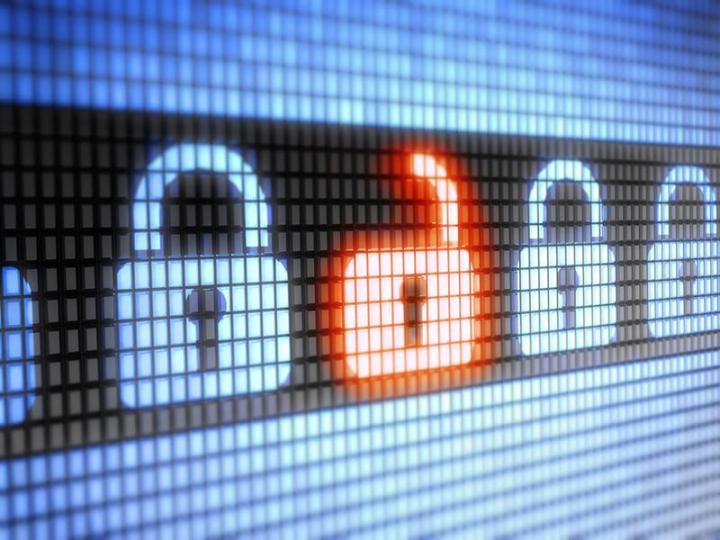
The documents seen by Reuters tally with the recent findings of security firm Cylance, which believes that Iranian-based hackers have been focusing on infrastructure targets in the United States for over two years. If an energy, defense or educational organization were to be exposed in the same way that Sony Pictures has, then the effects could be far-reaching — which is why the FBI is now communicating with companies.
The leaked documents seen by Reuters go into technical detail about the type of hacks that might be attempted as well as how they can be stopped — the FBI is asking companies to get in touch immediately if they believe they’ve been the subject of a security exploit. While the agency doesn’t directly point the finger at the Iranian government, it reports that malicious activity has been traced to IP addresses within the country.
Iran has its own reasons to be on guard: Symantec recently published details of a malware program called Regin, similar to the Stuxnet code that destroyed Iranian nuclear systems in 2012. Symantec says Regin is being used by a “technically advanced” nation such as the United States or China.
As for Cylance’s report — which seems to refer to the same threat as the FBI’s warning — it says that an Iranian group referred to as ‘Cleaver’ is looking to penetrate hospitals, military institutions, energy firms and transport targets. The U.S., Canada, the U.K., China and Qatar are among the countries who are believed to have been on the group’s radar. So far, no critical infrastructure systems have been severely compromised.
It’s a reminder that large-scale cyber warfare is being waged in the background while we idly click around our favorite news and social media sites — and it looks like the stakes are getting higher.
Editors' Recommendations
- Chinese hackers targeting critical U.S. infrastructure, Microsoft warns
- LastPass reveals how it got hacked — and it’s not good news
- Cash App breach impacts millions of U.S. customers
- Iranian hackers targeted 2020 U.S. presidential candidates, Microsoft says
- The U.S. government issues warning to install this emergency Windows update


